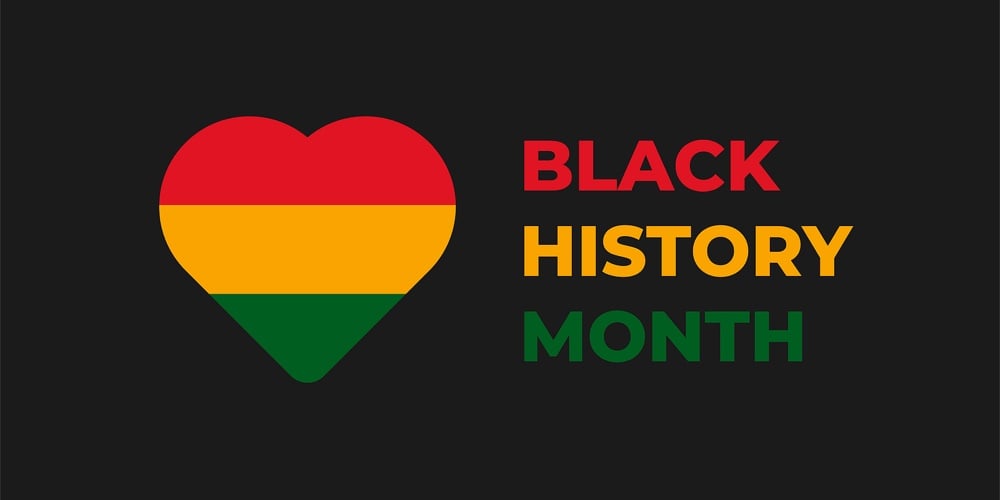In 1915, Dr. Carter G. Woodson and a handful of prominent African-Americans, began the Association for the Study of African American Life and History (ASALH). In 1926, Dr. Woodson and the ASALH sponsored a national “Negro History Week,” to fall on the second week of every February, as a time to celebrate the central role of African-Americans through history. Finally, in 1976, all of February was designated as Black History Month.
Black History month is not only about Black history. Black History Month is about American history. Black History reminds us to reflect on the fight for racial justice. Black History Month reminds us to appreciate the accomplishments and achievements of Black Americans and how those accomplishments and achievements have so often been left out of the history books, to be instead replaced by sanitized versions of the truth and ignorant, racist stereotypes.
Nelson Mandela once said, “Education is the most powerful weapon which you can use to change the world.” As a middle-aged, white male who grew up learning that Christopher Columbus discovered the new world, I missed out on learning of the excellence of people like Madam C.J. Walker, Robert Abbott, Ella Baker, Shirley Chisholm, and Carter G. Woodson.
In exchange for the ignorance and more specifically my privilege, that miseducation ultimately kept me from understanding how not education, but my own identity, could be used as a weapon to threaten another’s mental and physical safety for simply being human. Failing to be aware of and to understand the history of race can perpetuate misunderstandings and hate.
No student, teacher, politician, leader, follower, or even credit union, can truly understand American history – it’s growth and successes and struggles and changes – if the global impact of Black people is disregarded and overlooked. The Black experience is too important, too precious to be left to those who did not experience it. It’s too important not to celebrate.
Black History Month is about recognizing humanity, the type of humanity that strengthens this country and this world. So, if your shop finds itself conflicted about recognizing the African-Americans who’ve shaped and continue to shape this country, remember there’s loss in forgoing the celebration of people, but more importantly there is love and light in recognizing humanity, and not only of the kind so prominent in history books.







